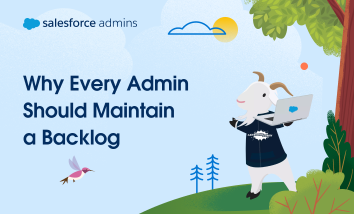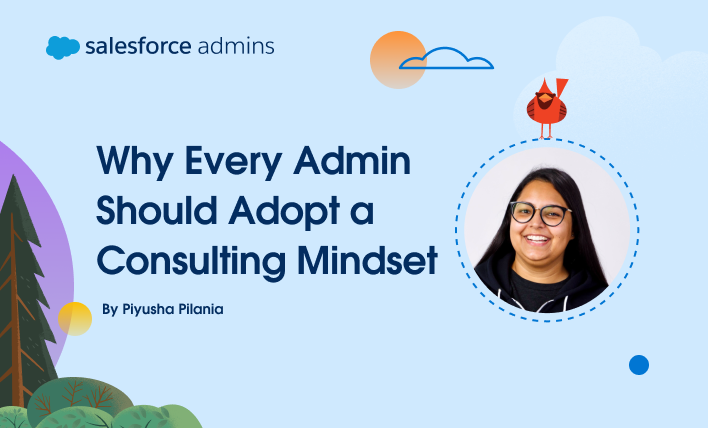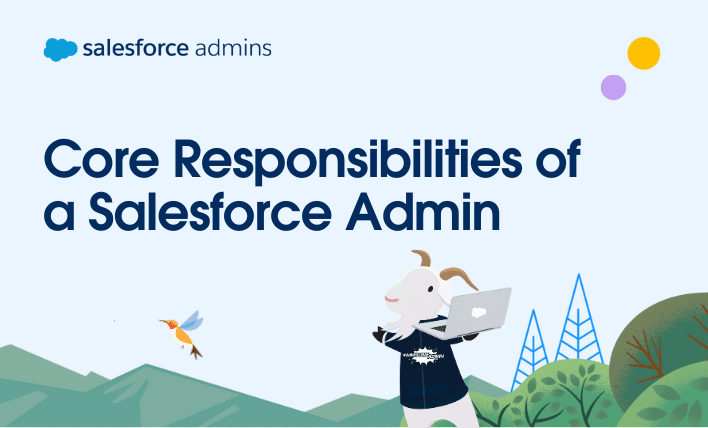Requests come from everywhere: users, stakeholders, leadership. Without a plan, it’s easy to fall into reactive mode. A good backlog helps admins stay grounded. It’s your go-to place for capturing ideas, organizing requests, and moving your org forward with clarity and confidence. In this post, we’ll discuss what a backlog actually is, how to start […]


 Launa Saunders has been a Salesforce Administrator since 2007, and a Business Systems Analyst since 2012. She is the co-leader of the San Diego Salesforce.com User Group, holds 3 certifications (Administrator, Advanced Administrator, and Developer), and has been an MVP since Spring ’13.
Launa Saunders has been a Salesforce Administrator since 2007, and a Business Systems Analyst since 2012. She is the co-leader of the San Diego Salesforce.com User Group, holds 3 certifications (Administrator, Advanced Administrator, and Developer), and has been an MVP since Spring ’13. Cheryl Feldman has used Salesforce since 2004, and a Business Analyst since 2007. She is the Leader of the Financial Services Salesforce.com User Group, She is the Co-Leader of the Financial Services Salesforce.com User Group, NYC Salesforce.com User Group and NYC Girly Geeks, she is a Certified Salesforce Admin, is an avid Blogger (
Cheryl Feldman has used Salesforce since 2004, and a Business Analyst since 2007. She is the Leader of the Financial Services Salesforce.com User Group, She is the Co-Leader of the Financial Services Salesforce.com User Group, NYC Salesforce.com User Group and NYC Girly Geeks, she is a Certified Salesforce Admin, is an avid Blogger ( Eric Dreshfield has used Salesforce since 2009 and has been a Business Analyst since 1990. He is the Leader of the Southern Indiana Salesforce.com User Group, Event Chair for Midwest Dreamin’, an ocassional Blogger (https://ericforcefield.wordpress.com/) and has been a Salesforce.com MVP since Spring ’13.
Eric Dreshfield has used Salesforce since 2009 and has been a Business Analyst since 1990. He is the Leader of the Southern Indiana Salesforce.com User Group, Event Chair for Midwest Dreamin’, an ocassional Blogger (https://ericforcefield.wordpress.com/) and has been a Salesforce.com MVP since Spring ’13.


